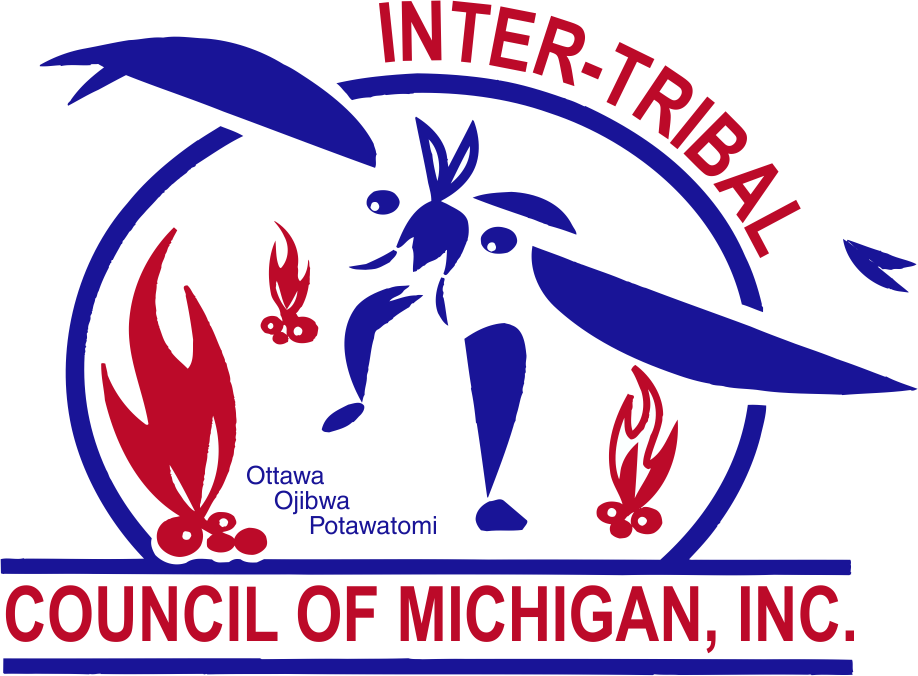Living Stories and Seasonal Reflections from Gichigami...
Read MoreCategory: Maternal & Childhood Programs
Maternal & Childhood Programs
Wiba Anung Partnership
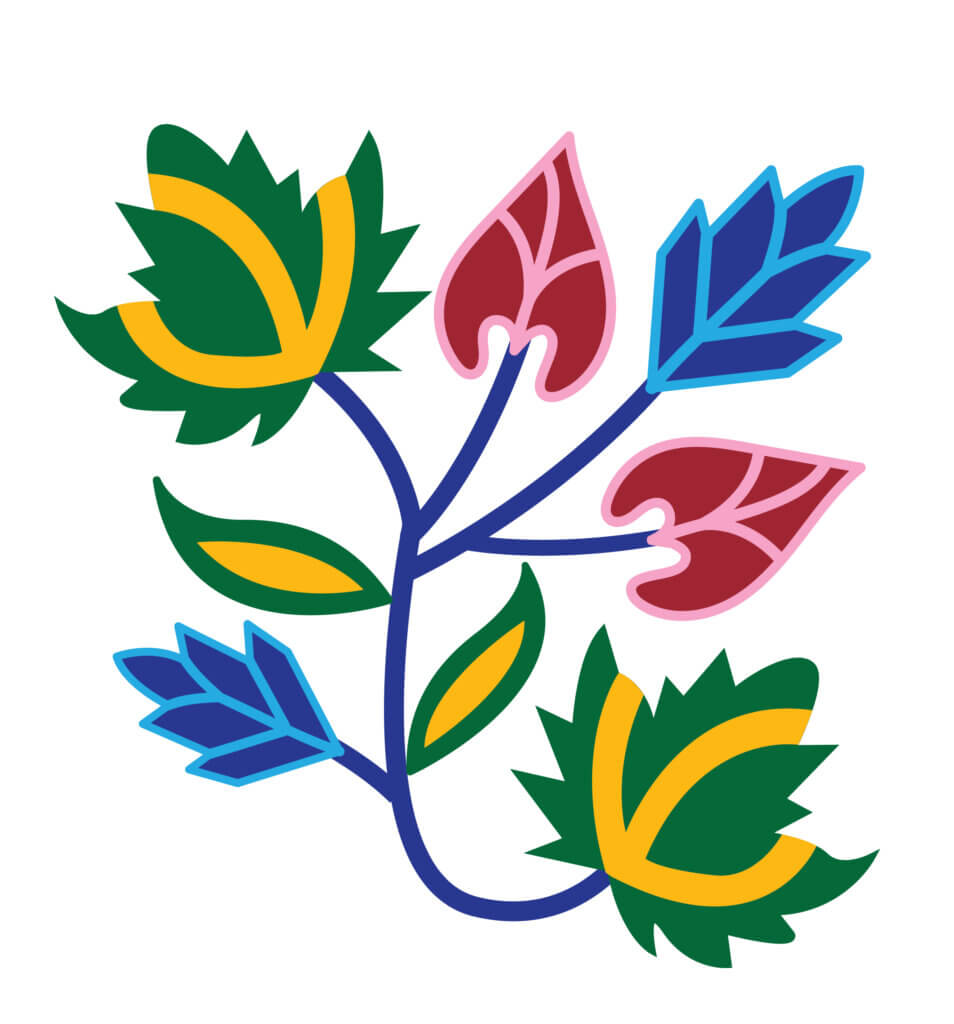
Wiba Anung translates to “early star” in Anishinaabemowin and is a partnership between Michigan State University and the Inter-tribal Council of Michigan. The Wiba Anung partnership started in 2005 and involves expertise and collaborative efforts between researchers, parents, early childhood programs and staff, and elders in tribal communities. This collaborative relationship was formed to serve Michigan American Indian children and their families. Work from this partnership includes research, training, and information gathering that are essential for identifying strengths in tribal early childhood programs as well as areas of concern. This partnership is a strong advocate for effective data use that supports the health and well-being of indigenous children and families in Michigan. The work of Wiba Anung is a critical contribution to health equity efforts in the state. This relationship is rooted in regional Anishinaabe cultural contexts and is innovative in its contributions to scientific rigor by highlighting specific mechanisms by which cultural practices support children’s development.
Programs & Resources
Maternal & Childhood Programs
Site Reporting
Use the below links for site reporting.

Quarterly Report Links
January – March | Healthy Start/Family Spirit Quarterly Report (Note: Due April 30)
https://www.surveymonkey.com/r/jantomar-24
April – June | Healthy Start/Family Spirit Quarterly Report (Note: Due July 30)
https://www.surveymonkey.com/r/apriltojune24
July – Sept | Healthy Start/Family Spirit Quarterly Report (Note: Due October 30)
https://www.surveymonkey.com/r/julytosept24
Oct – Dec | Healthy Start/Family Spirit Quarterly Report (Note: Due January 30)
https://www.surveymonkey.com/r/oct-dec24
Reflective Supervision Links
October 2023
https://www.surveymonkey.com/r/RS-Oct-23
November 2023
https://www.surveymonkey.com/r/RS-Nov-23
December 2023
https://www.surveymonkey.com/r/RS-DEC-23
January 2024
https://www.surveymonkey.com/r/RS-Jan-24
February 2024
https://www.surveymonkey.com/r/RS-FEB-24
March 2024
https://www.surveymonkey.com/r/RS-MAR-24
April 2024
https://www.surveymonkey.com/r/RS-APR-24
May 2024
https://www.surveymonkey.com/r/RS-MAY-24
June 2024
https://www.surveymonkey.com/r/RS-JUNE-24
July 2024
https://www.surveymonkey.com/r/RS-JLY-24
August 2024
https://www.surveymonkey.com/r/RS-AUG-24
September 2024
https://www.surveymonkey.com/r/RS-SEPT-24
History of Childhood is Sacred
Since 2012, ITCMI has been working with Tribes and Tribal Citizens across Michigan to erase the silos across services and programs that serve children 0-8 and their families. From community discussions to strategy innovation and implementation, everyone involved has been working to elevate the role of our early childhood providers, support parents and be more effective and efficient with existing resources in each community.
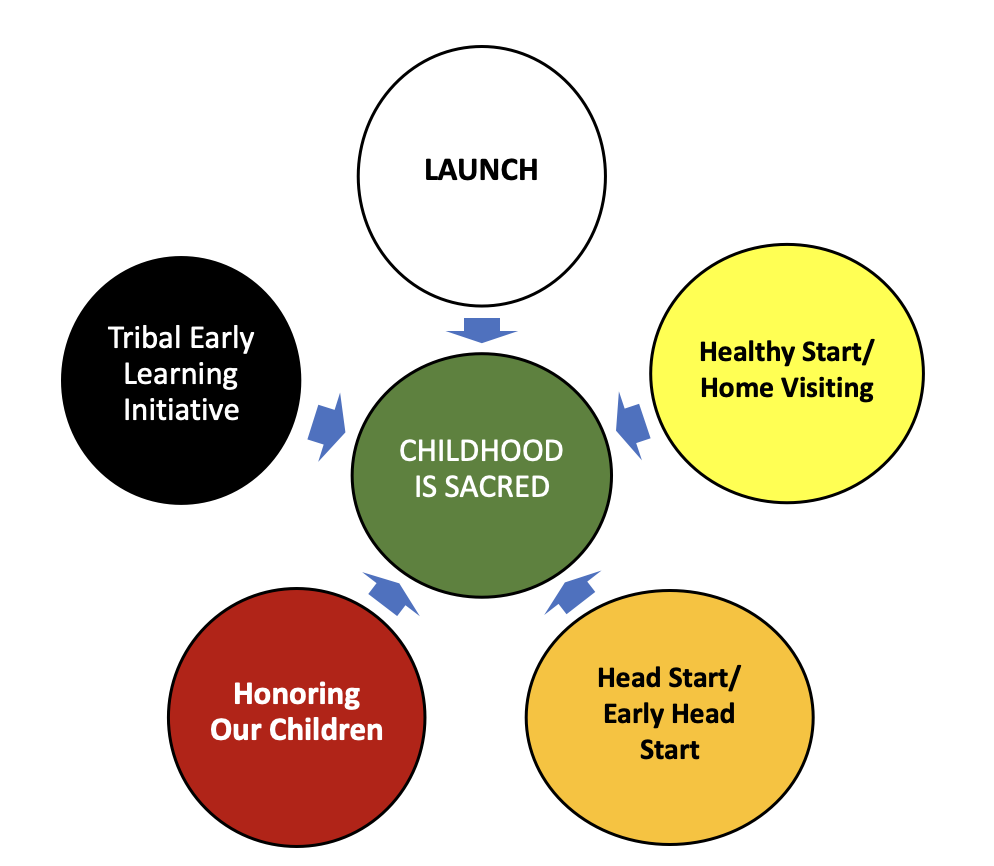
Healthy Start/Home Visiting
Learn more about Healthy Start and the Inter-Tribal Council of Michigan’s Home Visiting Network.
Head Start/Early Head Start
Head Start is a federal program that promotes the school readiness of children ages birth to 5 from low-income families by enhancing their cognitive, social and emotional development.
Honoring Our Children
The WKKellogg Foundation committed funds to identify Tribal priorities for children 0-8 in Education, Health, and Community Safety. This work included community discussions and family summits with tribal citizens from the 12 Federally Recognized Tribes in Michigan and in urban areas like Detroit and Grand Rapids. During this time, tribal families and leaders created a vision for children.
Notable briefs and presentations from this work includes:
- Michigan Native Children Report
- 2012 (Final 2012 by David Cournoyer) -forwarded in the email.
- HOC Planning Phase Report on website already
- TBCAC Cultural Adaptation Article on website already
- MCMCH GreatStart Sandbox presentation on website already
- HeadStart digital story link
Tribal Early Learning Initiative (TELI)
Through supplemental Tribal Home Visiting funding from the Administration of Children & Families, a core group of early childhood providers and families from five Tribes (BMIC, KBIC, LTBB, LVD, NHBP) continued the work of HOC by strategizing to increase collaboration and integration across community services and programs for children 0-5 years.
Historically, many of the various early childhood programs and services have worked in isolation. This effort focused on developing a more collaborative network. During this time, a Tribal wide Young Child Wellness Committee was formed with representatives from Tribal Home Visiting, HeadStart/Early HeadStart, and Child Care both at the Tribal, State and Federal level.
LAUNCH
The TELI project identified a gap in mental health supports for children and in 2016 LAUNCH was funded by SAMHSA to better serve the cultural, social, emotional, physical, and psychological needs of youth ages 0-8. Aiming to reduce leadership and policymaking silos, the project seeks to foster collaboration between health care, behavioral health, early childhood education, social services, and other programs servicing Native youth and their families.
The Project Has 4 Goals
- Strengthen Tribal Communities through the promotion of resources grounded in community language, culture and teachings.
- Increase community workforce capacity to address child and family mental health.
- Strengthen systems integration of community programs that support child and family mental health.
- Increase community efforts to engage in public education and awareness activities.
Maternal & Childhood Programs
Traditional Teachings Resources
The focus of these resources is geared towards expecting families, newborns, and early childhood.
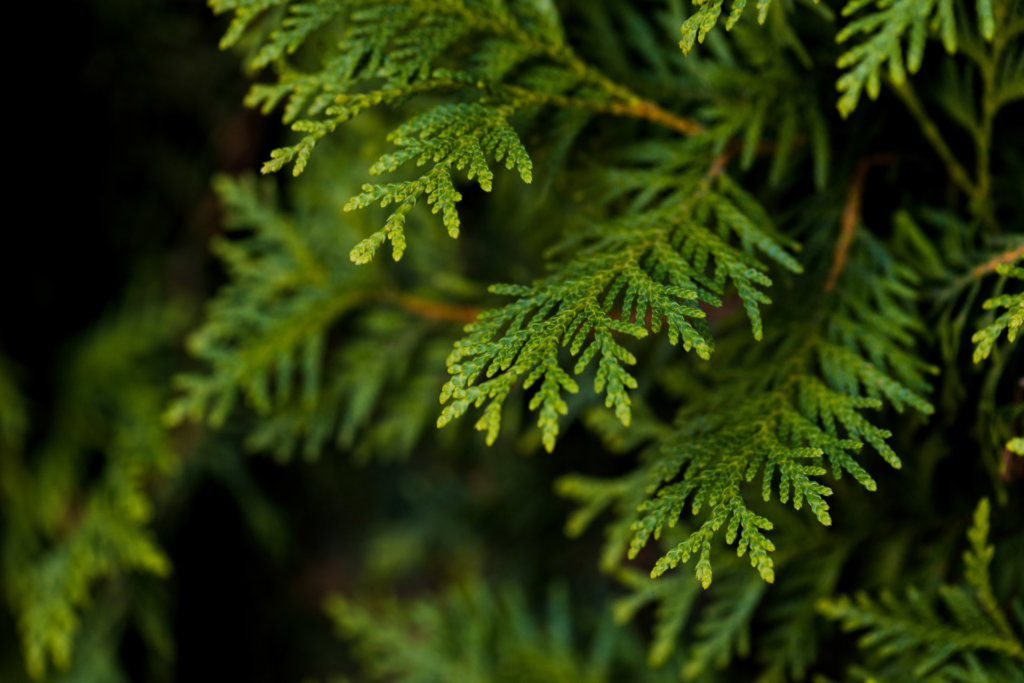
Maternal & Childhood Programs
Perinatal & Mental Health

Maternal & Childhood Programs
Birth Equity
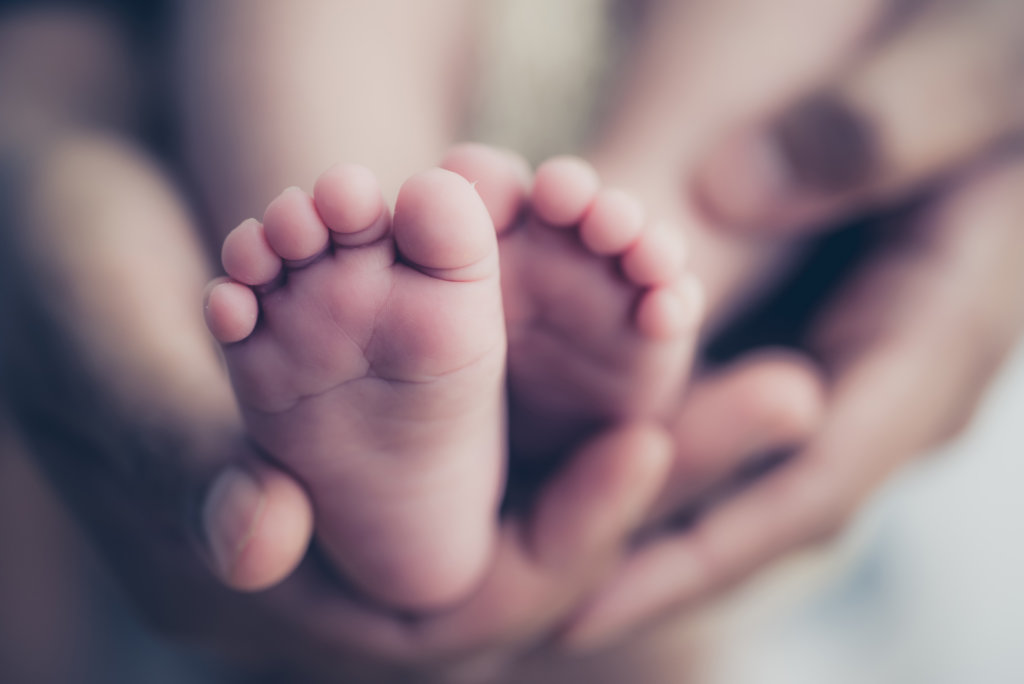
Programs
No posts found!
Maternal & Childhood Programs
Birth Equity

Maternal & Childhood Programs
Home Visitor Resources

Maternal & Childhood Programs
State Home Visiting Expansion
Michigan Early Childhood Home Visiting Tribal Expansion
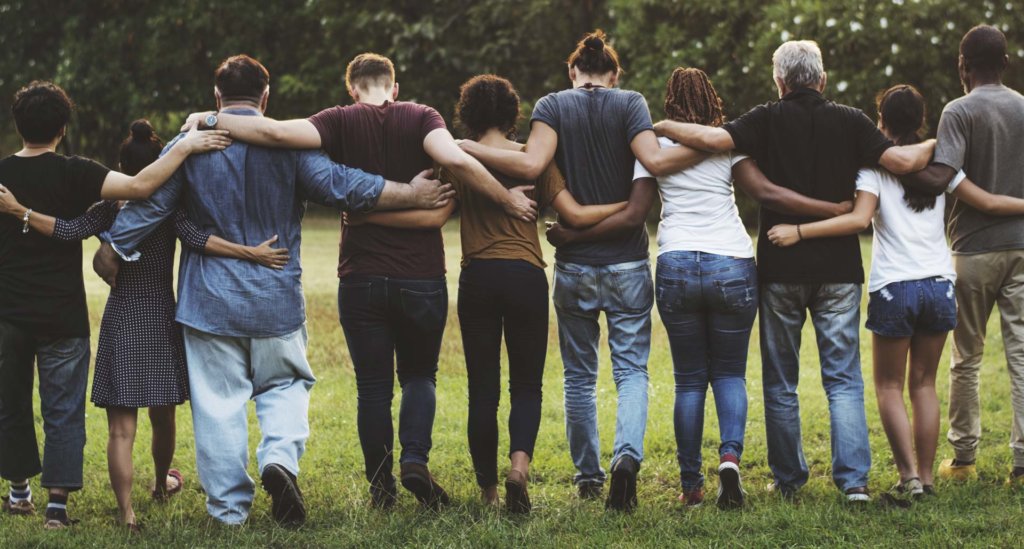
The Michigan Early Childhood Home Visiting Tribal Expansion program’s purpose is to support the provision of evidence-based home visiting services within tribal communities in Michigan, and thereby expanding the reach of Tribal home visiting within the state. This program is funded through a grant supported by the State of Michigan’s general funds and seeks to address persistent disparities in maternal, infant, and early childhood health and social indicators among the American Indian and Alaska Native (AI/AN) population through delivery of home visiting services. The project aims to expand the capacity of an existing network of services, furthering progress toward a comprehensive, high-quality early childhood system.
State Home Visiting Expansion services are supported within the following tribal communities and serve expectant families with young children aged birth to 5 years old.
Participating Tribes
- Little River Band of Odawa Indians
- Pokagon Band of Potawatomi
- Sault Ste. Marie Tribe of Chippewa Indians
Program Goals
The goals of the State Home Visiting Expansion Program include:
- Supporting the development of happy, healthy, and successful American Indian and Alaska Native (AI/AN) Children and families through a coordinated home visiting strategy that addresses critical maternal and child health, development, early learning, family support, and child abuse and neglect prevention needs.
- Implementing high-quality, culturally-relevant, evidence-based home visiting programs in AI/AN communities.
- Expanding the evidence base around home visiting interventions with Native populations.
- Supporting and strengthening cooperation and coordination and promoting linkages among various early childhood programs, resulting in coordinated, comprehensive early childhood systems.
Coordinated Services
Collaboration is important to our programs at Inter-Tribal Council of Michigan. Within the Maternal & Early Childhood Services Department this can be seen specifically between our Tribal Home Visiting, Healthy Start, and State Funded Home Visiting Programs. These programs have joined forces as individual pieces of an overall, inter-tribal network of home visiting programs and services coordinated by the Inter-Tribal Council of Michigan in partnership with Michigan tribes. The programs to the communities appear as one, and are often referred to by staff as the “Healthy Start-Family Spirit” Home Visiting program. The development of the Healthy Start-Family Spirit Home Visiting program is one key aspect of our comprehensive, coordinated early childhood system with all programs using the Family Spirit Model as a basis for providing home visitation services. In addition, the programs share client-friendly referral procedures, using common assessments, collection of common data elements, cross-training of staff, and cross-program case management. This allows for a seamless transition between programs for home visiting clients.
Contact Information
- Amanda Bahrou | amanda@itcmi.org | Program Director
- Amanda Rinna | amanda.rinna@itcmi.org | Program Coordinator
Maternal & Childhood Programs
Tribal Home Visiting
Tribal, Maternal, Infant, and Early Childhood Home Visiting (TMIECHV)
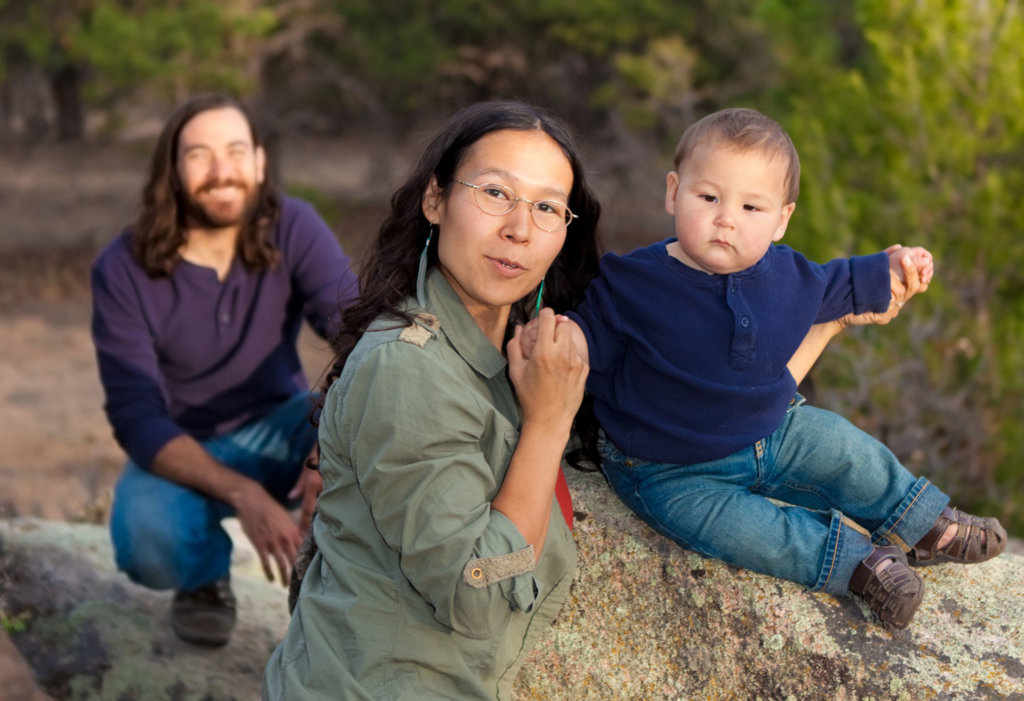
The Maajtaag Mnobmaadzid Tribal Home Visiting Initiative seeks to address persistent disparities in maternal, infant, and early childhood health and social indicators among the American Indian (AI/AN) population through delivery of home visiting services. The project aims to expand the capacity of an existing network of services, furthering progress toward a comprehensive, high-quality early childhood system.
Tribal Home Visiting services are supported within the following tribal communities and serve expectant families and families with young children aged birth to kindergarten entry.
Participating Tribes and Organizations
- American Indian Health and Family Services
- Bay Mills Indian Community
- Lac Vieux Desert Band of Chippewa Indian Community
- Little Traverse Bay Bands of Odawa Indians
- Keweenaw Bay Indian Community
- Nottawaseppi Huron Band of the Potawatomi
- Pokagon Band of Potawatomi
- Saginaw-Chippewa Indian Tribe
Program Goals
The goals of the Tribal Home Visiting Program include:
- Supporting the development of happy, healthy, and successful American Indian and Alaska Native (AI/AN) Children and families through a coordinated home visiting strategy that addresses critical maternal and child health, development, early learning, family support, and child abuse and neglect prevention needs.
- Implementing high-quality, culturally-relevant, evidence-based home visiting programs in AI/AN communities.
- Expanding the evidence base around home visiting intervnetions with Native populations.
- Supporting and strengthening cooperation and coordination and promoting linkages among various early childhood programs, resulting in coordinated, comprehensive early childhood systems.
Coordinated Services
Collaboration is important to our programs at Inter-Tribal Council of Michigan. Within the Maternal & Early Childhood Services Department this can be seen specifically between our Tribal Home Visiting, Healthy Start, and State Funded Home Visiting Programs. These have joined forces as individual pieces of an overall, inter-tribal network of home visiting programs and services coordinated by the Inter-Tribal Council of Michigan in partnership with Michigan tribes. The programs to the communities appear as one, and are often referred to by staff as the “Healthy Start-Family Spirit” home visiting program. The development of the Healthy Start-Family Spirit Home Visiting program is one key aspect of our comprehensive, coordinated early childhood system with all programs using the Family Spirit Model as a basis for providing home visitation services. In addition, the programs share client-friendly referral procedures, using common assessments, collection of common data elements, cross-training of staff, and cross-program case management. This allows for a seamless transition between programs for home visiting clients.
Contact Information
- Amanda Bahrou | amanda@itcmi.org | Program Director
- Amanda Rinna | amanda.rinna@itcmi.org | Program Coordinator
- Josie Babcock | josie.babcock@itcmi.org | Data and Reporting Manager
- Sandy Thompson | sthompson@itcmi.org | Administrative Assistant
